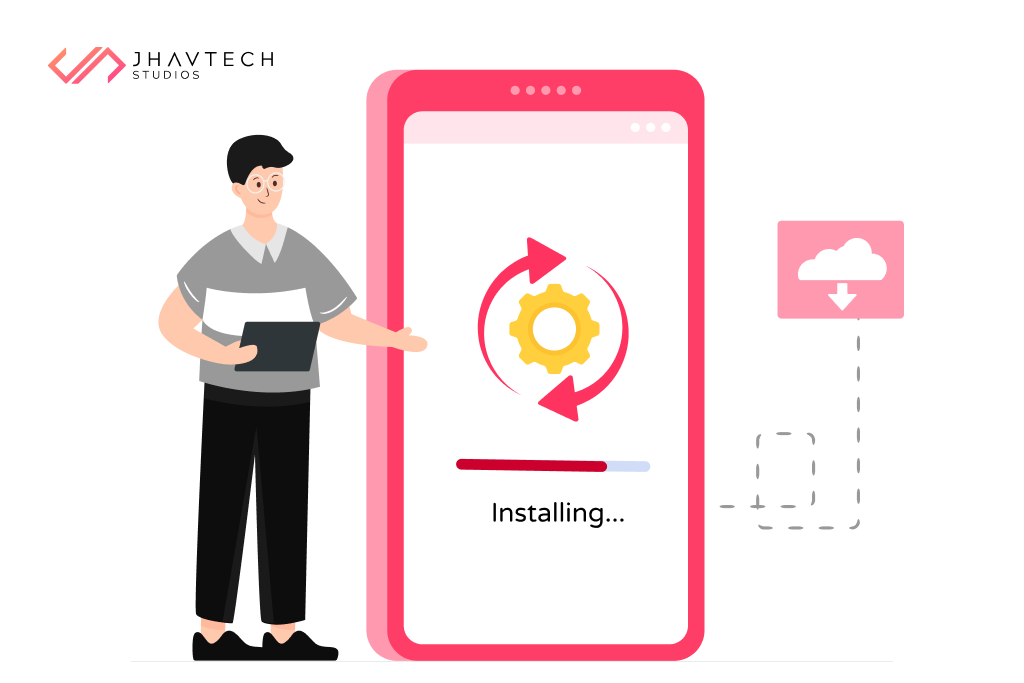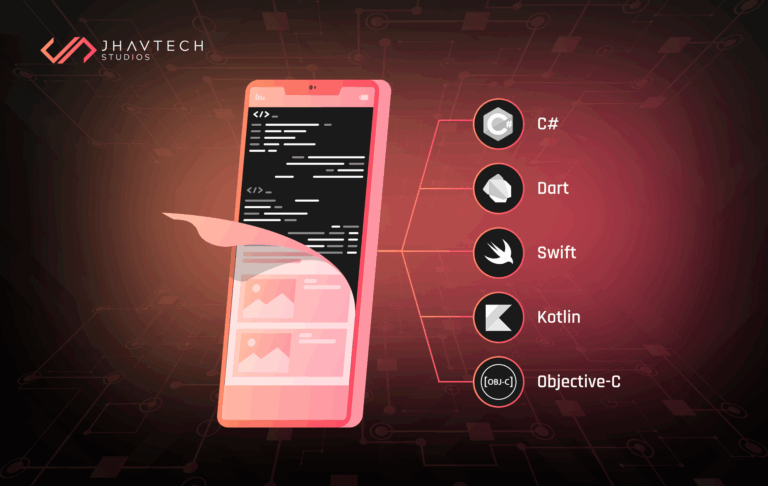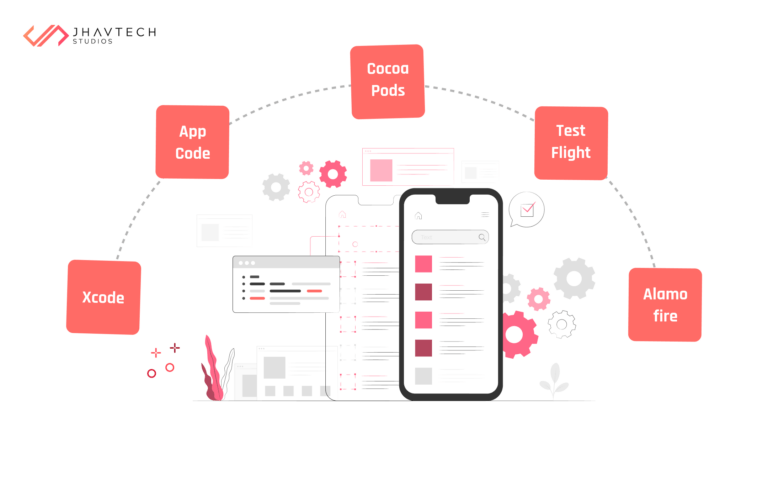Introduction
App development projects are often intricate and demanding, encompassing various elements that may lead to failure. Nevertheless, each project rescue presents an opportunity to acquire valuable insights and knowledge that can enhance future undertakings.
In this blog post, we shall take a close look at previous software project rescues and share crucial learnings that can pave the way for success in future projects. We will delve into the insights derived from these rescues and provide precautionary measures and recommendations to avert project failure in app development endeavours.
Reflecting on Past App Rescue Projects
Analysing the Causes of Project Failure
Reflecting on previous software project rescues provides us with an opportunity to look into the underlying reasons behind their failure. In so doing, we can gain valuable insights into the development challenges and factors that contributed to their unsuccessful outcomes. Some of the common causes of project failure are as follows:
- Poor requirements gathering and management – When it comes to app development, this can significantly affect the success of a project. It refers to the process of identifying, documenting, and managing the requirements and expectations of stakeholders, and making sure that such requirements are well communicated to the development team.
- Inadequate communication and collaboration – Communication breakdowns between stakeholders and team members or project managers can hamper progress and result in misunderstandings. This then leads to delays, unreasonable expectations, and ultimately project failure.
- Unrealistic timelines and expectations – The actual timeline varies depending on different factors like the complexity of the app, the availability of resources, and the size of the development team. Rushing the development process can result in poor quality and increased costs.
It is imperative to clearly communicate the entire process and set realistic expectations with stakeholders. It is therefore important to document the development process as well as the expectations to make sure that everyone is on the same page. - Insufficient technical expertise and planning – App development is not rocket science but it certainly requires technical expertise and proper planning. Lack of either can result in delays, quality issues, increased expenses, and client relations breakdown.
- Ineffective project management and leadership – Lack of focus during the initial stages of an app development project can lead to unforeseen challenges and setbacks, including improper resource allocation, poor risk assessment, or insufficient contingency measures.

Lessons Learned
From our software project rescues, we have acquired invaluable insights that can shape future endeavours:
- Clear and Detailed Requirements: Clear and detailed requirements are keys to the success of any app development project. Before commencing the development process, it is crucial to fully understand the features, capabilities, and limitations of the app. This is made possible by creating an app requirements document, which identifies the functional and technical requirements of the app.
- Effective Communication and Collaboration: Promote open and transparent communication among team members and stakeholders to facilitate collaboration and avoid misunderstandings. It also helps in increasing efficiency, minimising errors, enabling cost savings, and improving company culture.
- Realistic Timelines and Expectations: Set attainable timelines and expectations based on meticulous planning and evaluation of project complexity. We don’t overpromise an app that we can’t deliver. Rushing the development process can end up costing more in the long run while being too perfectionist can prolong development, which can bleed clients’ pockets dry. It is therefore important to strike a balance between those two ends of the spectrum.
- Technical Expertise and Planning: It is imperative to put together a skilled and effective development team and then invest time in technical planning to address potential risks and challenges. Technical expertise is important to ensure that the app is developed using the best practices and that it is secure, scalable, and user-friendly. Proper technical planning helps in defining the app and ensuring that the development process is efficient and well-structured.
- Strong Project Management and Leadership: A capable project manager can oversee the entire project, from planning to implementation, ensuring that the app is completed on time, within the allotted budget, and to the satisfaction of all stakeholders. Effective leadership is also essential. A good leader can inspire and motivate team members, discard roadblocks, and provide direction for the project.
Preventive Measures for Future App Development Projects

1. Comprehensive Planning and Requirements Gathering
Invest time and effort in comprehensive planning and requirements gathering in order to minimise ambiguity and avoid scope creep. This will help ensure that the app will meet the needs of its intended users, operate as expected, and deliver value to your business or organisation.
2. Effective Communication and Stakeholder Engagement
We can’t stress enough the importance of effective communication in any app development project. Set communication channels and engage stakeholders throughout the development process to manage expectations and ensure alignment with their objectives.
3. Continuous Risk Assessment and Mitigation
Schedule regular reviews of project risks and devise strategies for their mitigation to avoid possible drawbacks and delays. Risk identification determines the potential hazards that can affect the app, such as security threats, long reviewing time, and rejection of AppStore/PlayStore, among others.
4. Agile Methodologies and Iterative Development
Implement Agile methodologies like Kanban or Scrum to promote adaptability, flexibility and incremental progress in app development. Agile methodologies and iterative development help in ensuring that the app will meet the needs of the end-users. By breaking down a project into more manageable pieces, app developers can concentrate on delivering value at every stage of the development process. This also allows developers to respond effectively to changing requirements and to make necessary adjustments as needed.
5. Regular Monitoring and Progress Tracking
Set metrics and key performance indicators (KPIs) to monitor progress and identify any deviations for timely corrective actions. Metrics can help developers improve workflow, eventually boosting the return on investment (ROI). It can also help teams manage workloads and identify certain areas that require improvement.

Conclusion
Software project rescue provides valuable lessons that can unlock success in future endeavours. By reflecting on past rescue projects, scrutinising the root causes of failure, and implementing preventive measures, we can significantly enhance your app’s chances of success. Meticulous requirements gathering, effective communication, realistic timelines, strong technical expertise, and robust project management are all essential factors. Embracing these learnings, and implementing preventive measures and practical strategies will help you avoid project failure and achieve success in your future app development endeavours.
.svg)













